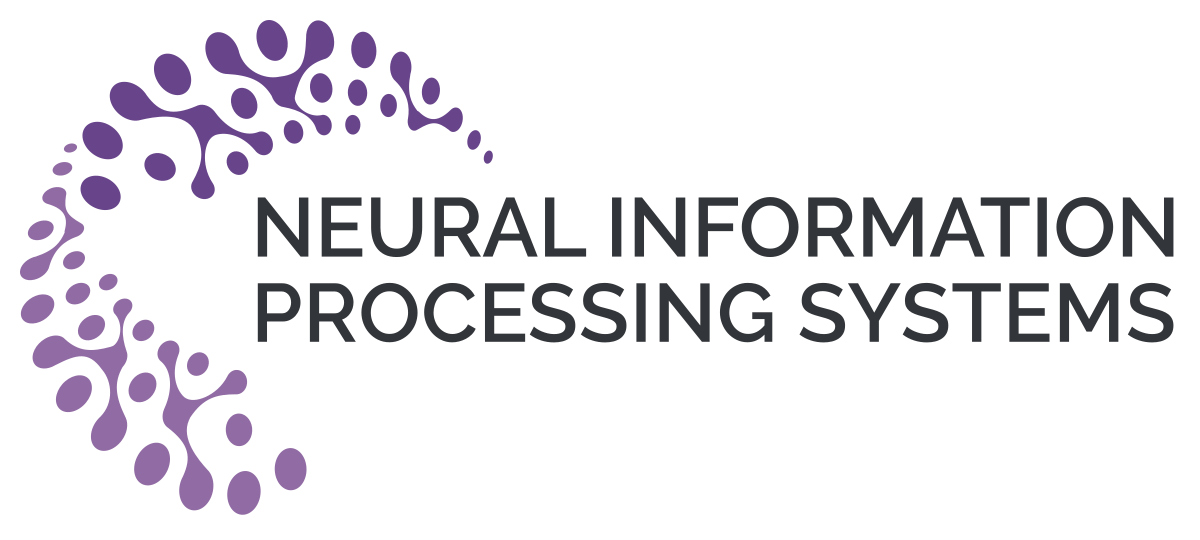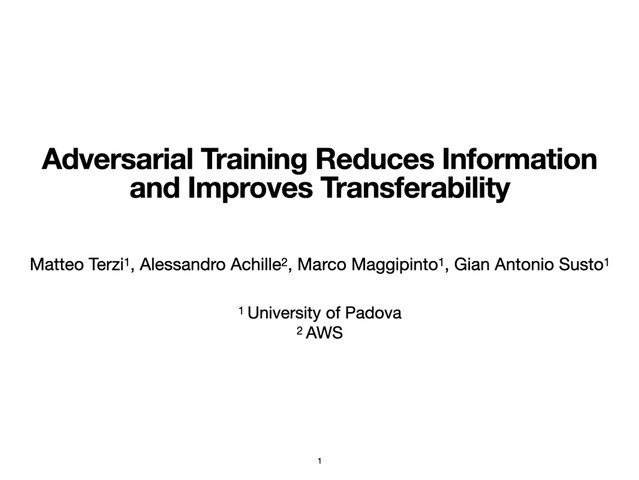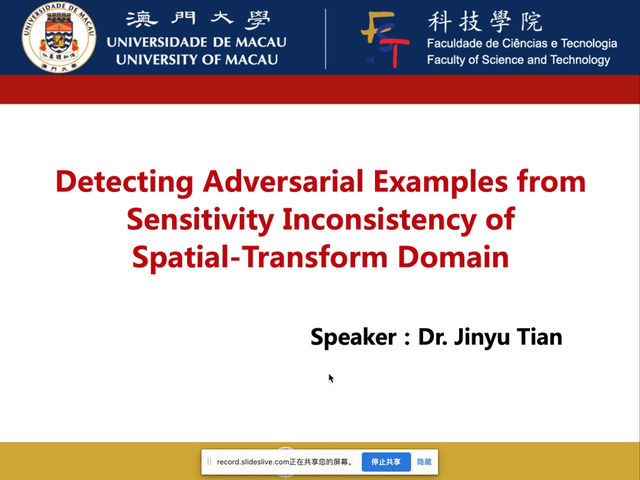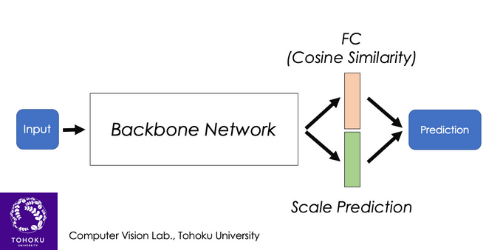Abstract:
The key distinguishing property of a Bayesian approach is marginalization, rather than using a single setting of weights. Bayesian marginalization can particularly improve the accuracy and calibration of modern deep neural networks, which are typically underspecified by the data, and can represent many compelling but different solutions. We show that deep ensembles provide an effective mechanism for approximate Bayesian marginalization, and propose a related approach that further improves the predictive distribution by marginalizing within basins of attraction, without significant overhead. We also investigate the prior over functions implied by a vague distribution over neural network weights, explaining the generalization properties of such models from a probabilistic perspective. From this perspective, we explain results that have been presented as mysterious and distinct to neural network generalization, such as the ability to fit images with random labels, and show that these results can be reproduced with Gaussian processes. We also show that Bayesian model averaging alleviates double descent, resulting in monotonic performance improvements with increased flexibility.









































